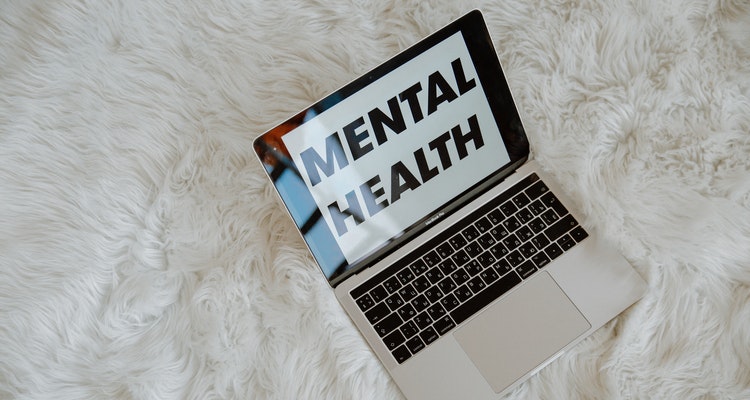
Photo Credit: pexels
With people using social media for hours each day, it’s perhaps inevitable that there will be a link between social media and mental health. On the plus side, being socially connected with others can ease stress, anxiety and depression; provide comfort and joy; prevent loneliness; boost self-worth and even add years to your life. That was the original promise of social media and deserves much applause. However, on the downside, lacking strong social connections and relying on social media to provide them can pose serious risks to your mental and mental health.
The vicious cycle of social media usage
During times of loneliness and anxiety, it is only natural that people turn to external sources to help them get through the pain. For some, it is as innocuous as turning on the TV and binge-watching “guilty pleasures” to bring them to a better place mentally and emotionally. For others, it means turning to the bottle or the medicine cabinet for answers. And now, for the youngest generations, there is another alternative: social media. Yes, when things are looking down, or when there is a need for intense human connection, many people immediately turn to their phones to scroll their social media feeds.
Yet, warn psychologists, this can lead to a “vicious cycle of unhealthy social media use.” You open up your phone, start browsing your Instagram feed, and after an initial moment of euphoria, you start to feel even worse about yourself. At a time when you are most vulnerable emotionally, you see others at their very best, thanks to the ease of curating the “best versions” of ourselves online. If you are lonely and not in a relationship, you see photo after photo of loving couples smiling and having the time of their lives. You see stunning vacation photos, loving families gathered for weddings and other events, or romantic dinners. How can you not help feeling worse about yourself? And thus begins the next round of the cycle, as you turn again and again to social media to help you feel better but to no avail.
FOMO
Another problem with social media is the well-documented phenomenon of FOMO, or the Fear of Missing Out. Quite simply, you feel that if you leave your social media feeds alone for just a few minutes, you will miss something that will make your life better. Maybe you will miss a pithy tweet from your favorite sports or political expert, or a new video from your favorite YouTube creator. Even worse, you might miss a group of your friends hanging out together online. And this fosters some unhealthy behaviors. How many times have you walked around a city and noticed people walking around with their heads down, totally immersed in their social media feeds, and completely oblivious to what’s happening around them? Or how many times have you seen couples at a restaurant together (pre-pandemic, of course), with each of them checking their phones for new social media updates rather than spending quality, face-to-face time together.
Other downsides to social media
And that doesn’t even begin to scratch the surface of potential problems with social media use. There’s the growing problem of social media narcissists, who are completely enamored with their own physical appearance, and are determined to show everyone on social media just how fabulous they are. And don’t forget about the problem with cyberbullying, in which social media becomes an instrument to intimidate or manipulate others and make them feel even worse about themselves. This can happen in a variety of environments, especially with young teens at school, in which the emotional need to be “popular” or part of a certain clique makes cyberbullying all the more insidious.
Moderation, not excessive use
The root of all social media evil, quite simply, is excessive use. If you are checking your social media feeds for more than 1-2 hours per day, you are probably engaging in excessive social media use and opening up yourself for mental health issues like anxiety, depression and loneliness. And the more that you check your social media feeds, the more vulnerable you are to feelings of FOMO. So, to protect your mental and emotional health, it’s time to put in place safeguards and measures to ensure that you do not fall into the vicious cycle of excessive social media use.